Austausch bei Heißgetränken und Gebäck (4)
Öffentliche Veranstaltung, Donnerstag 06.06.2024, 19:00 Uhr

Austausch bei Heißgetränken und Gebäck (4) ›››

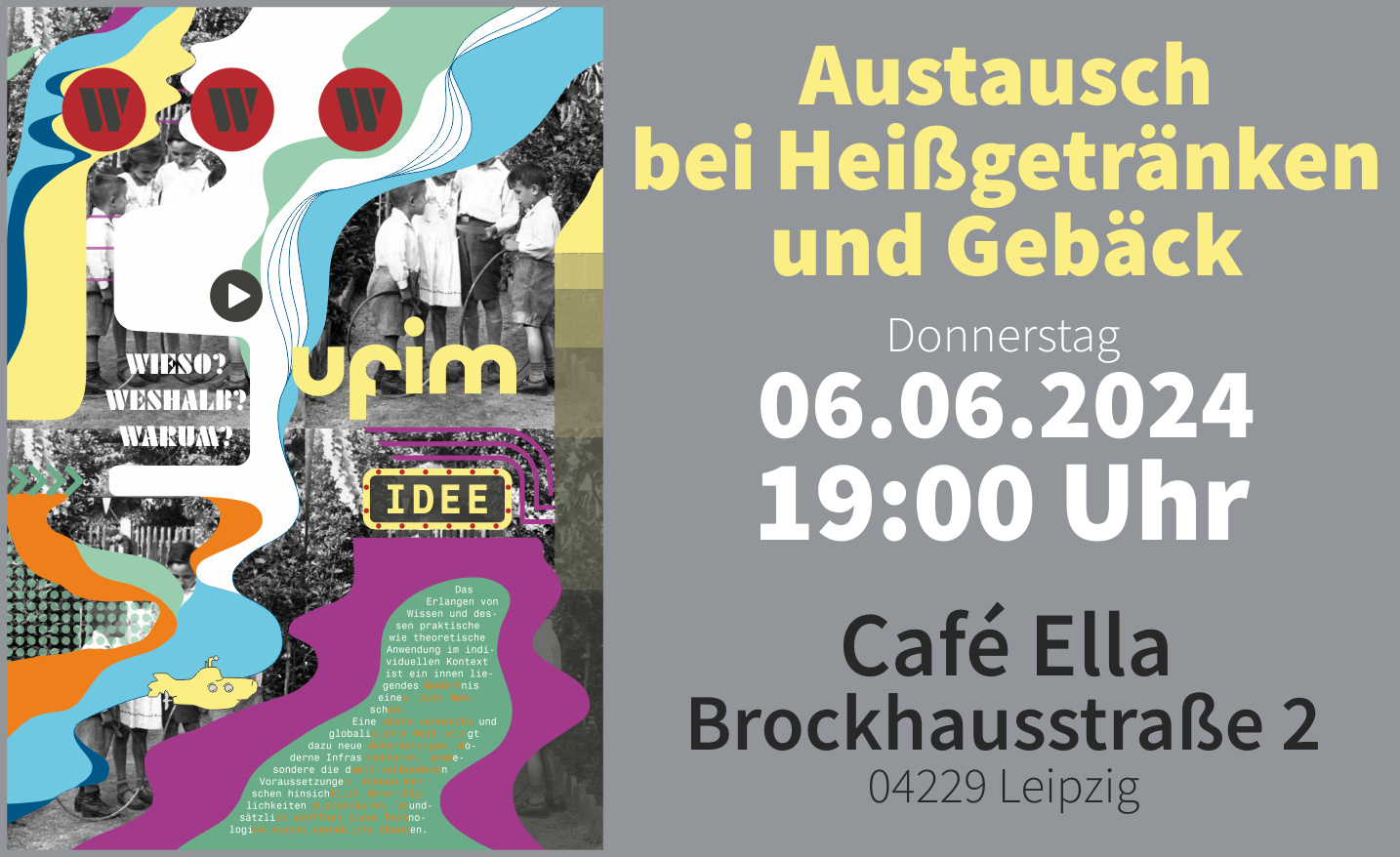

Austausch bei Heißgetränken und Gebäck (4) ›››


Conversation over hot beverages and pastries (4) ›››

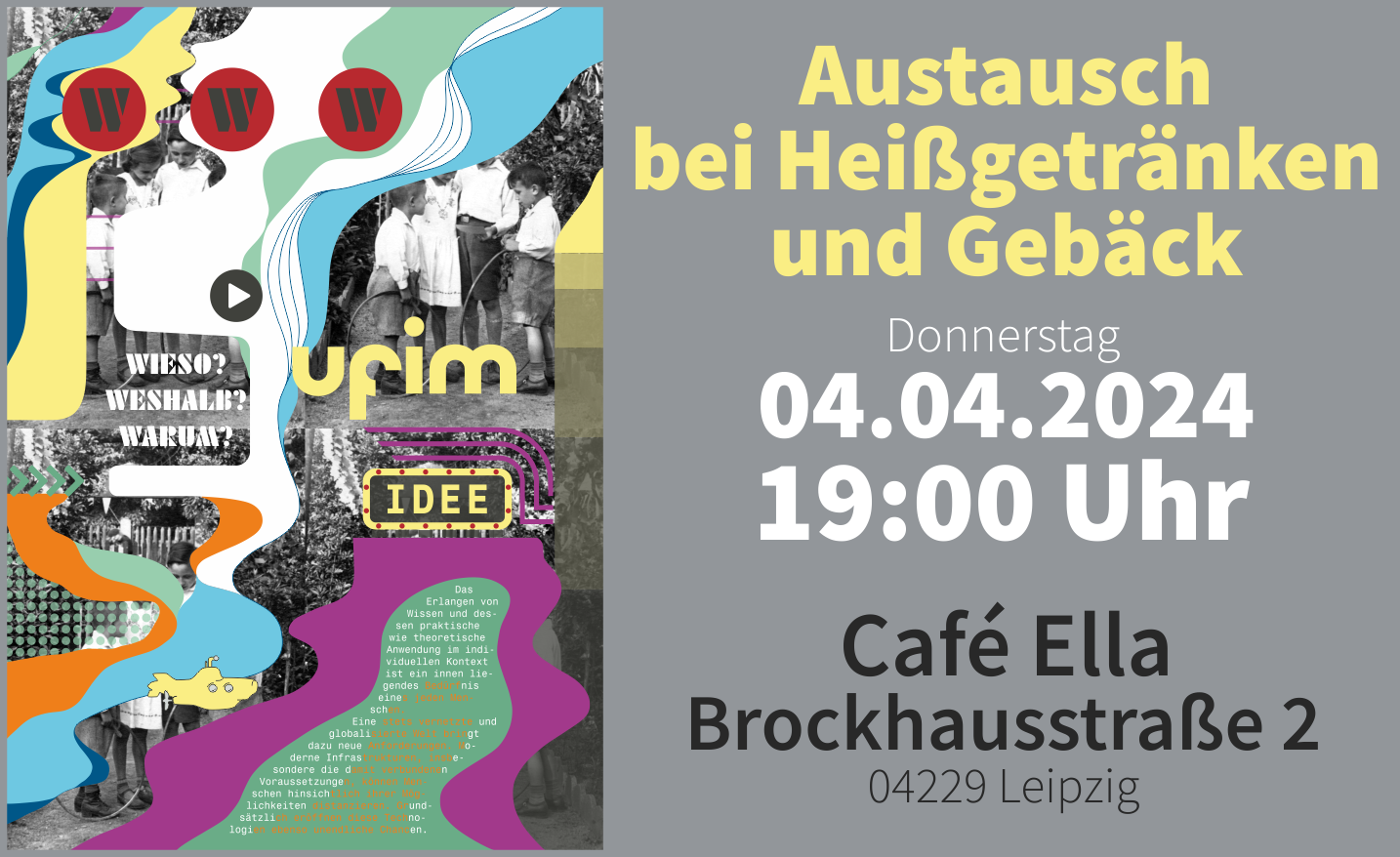

Austausch bei Heißgetränken und Gebäck (3) ›››


Conversation over hot beverages and pastries (3) ›››

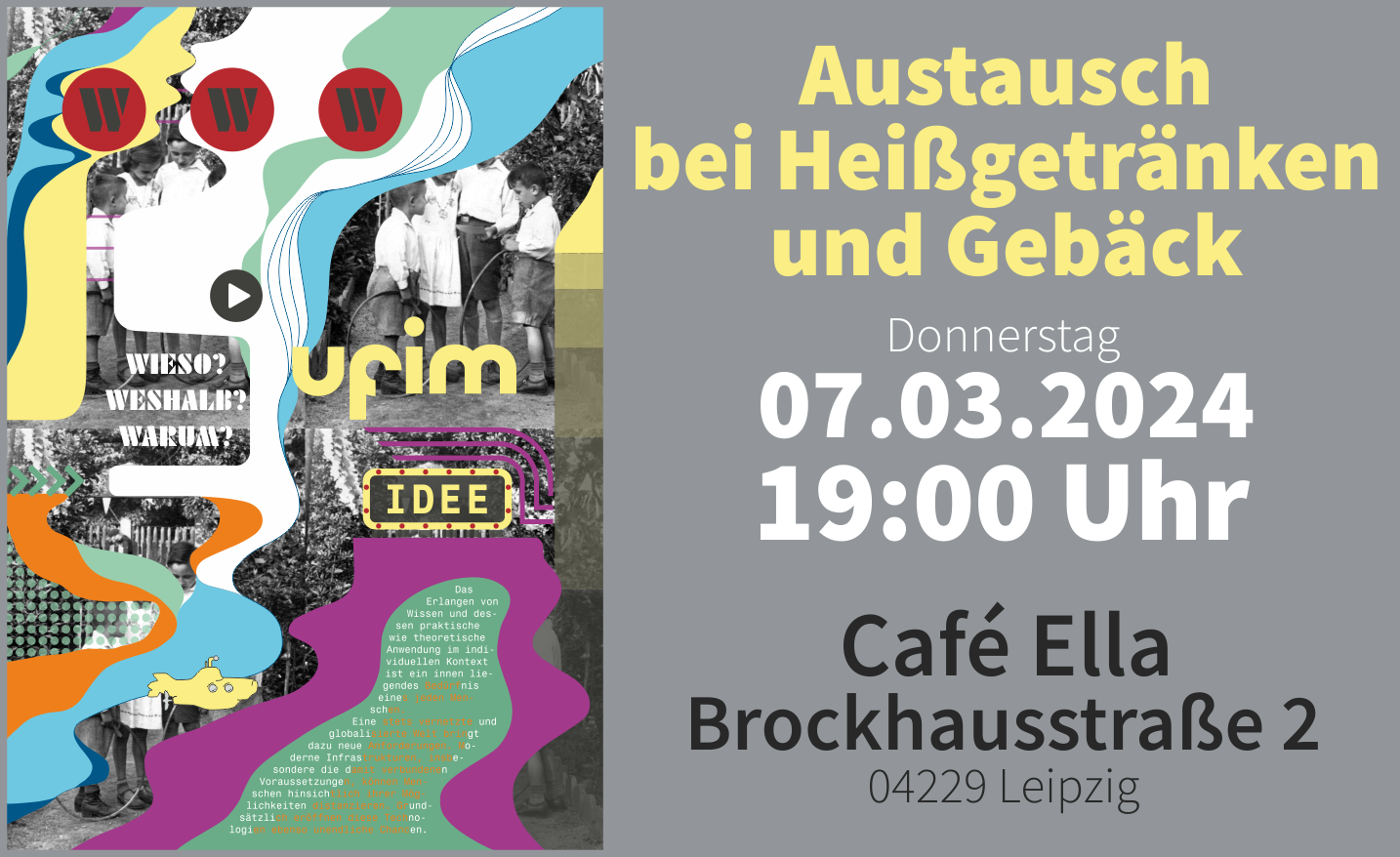

Austausch bei Heißgetränken und Gebäck (2) ›››


Conversation over hot beverages and pastries (2) ›››

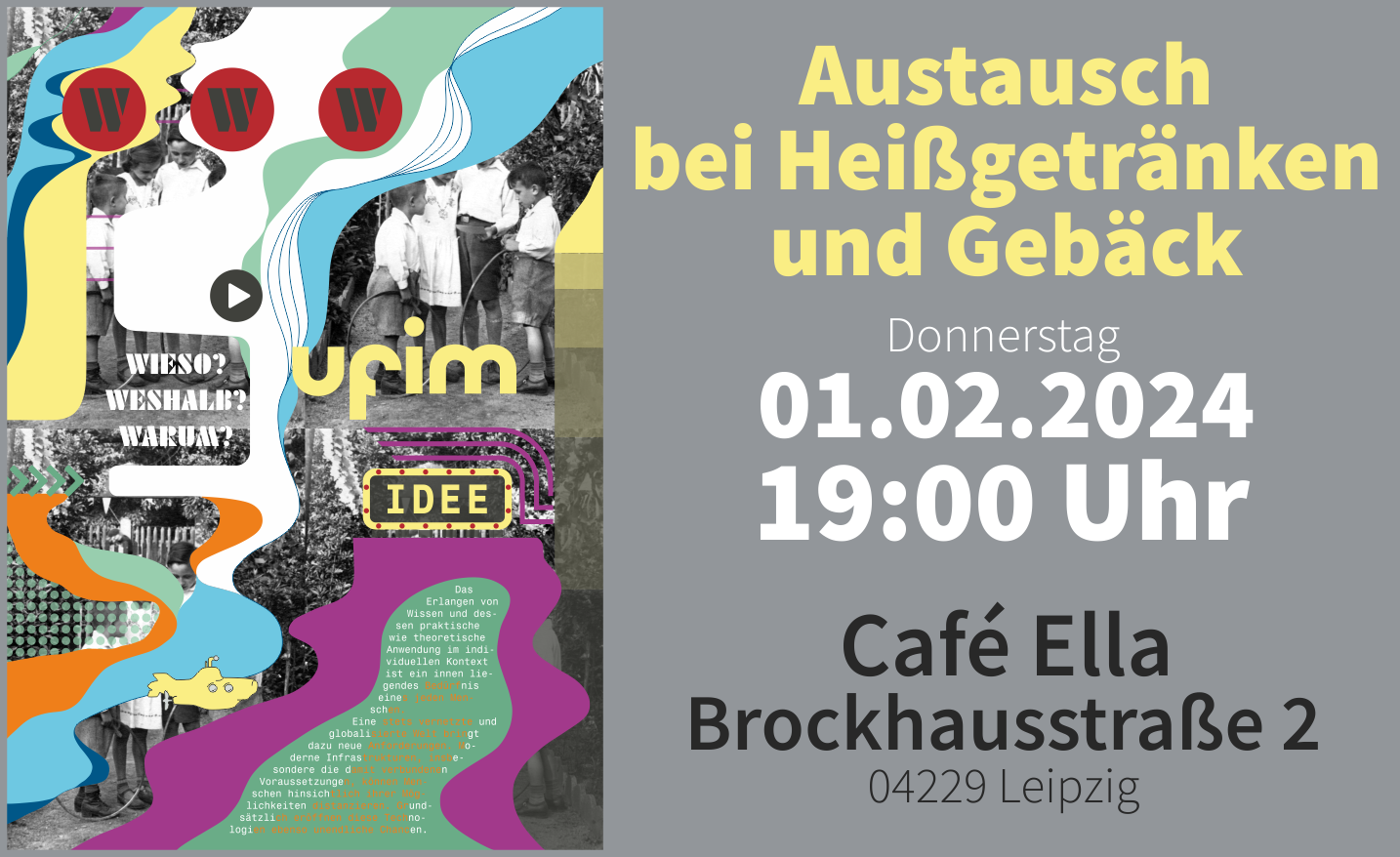

Austausch bei Heißgetränken und Gebäck ›››


Conversation over hot beverages and pastries ›››

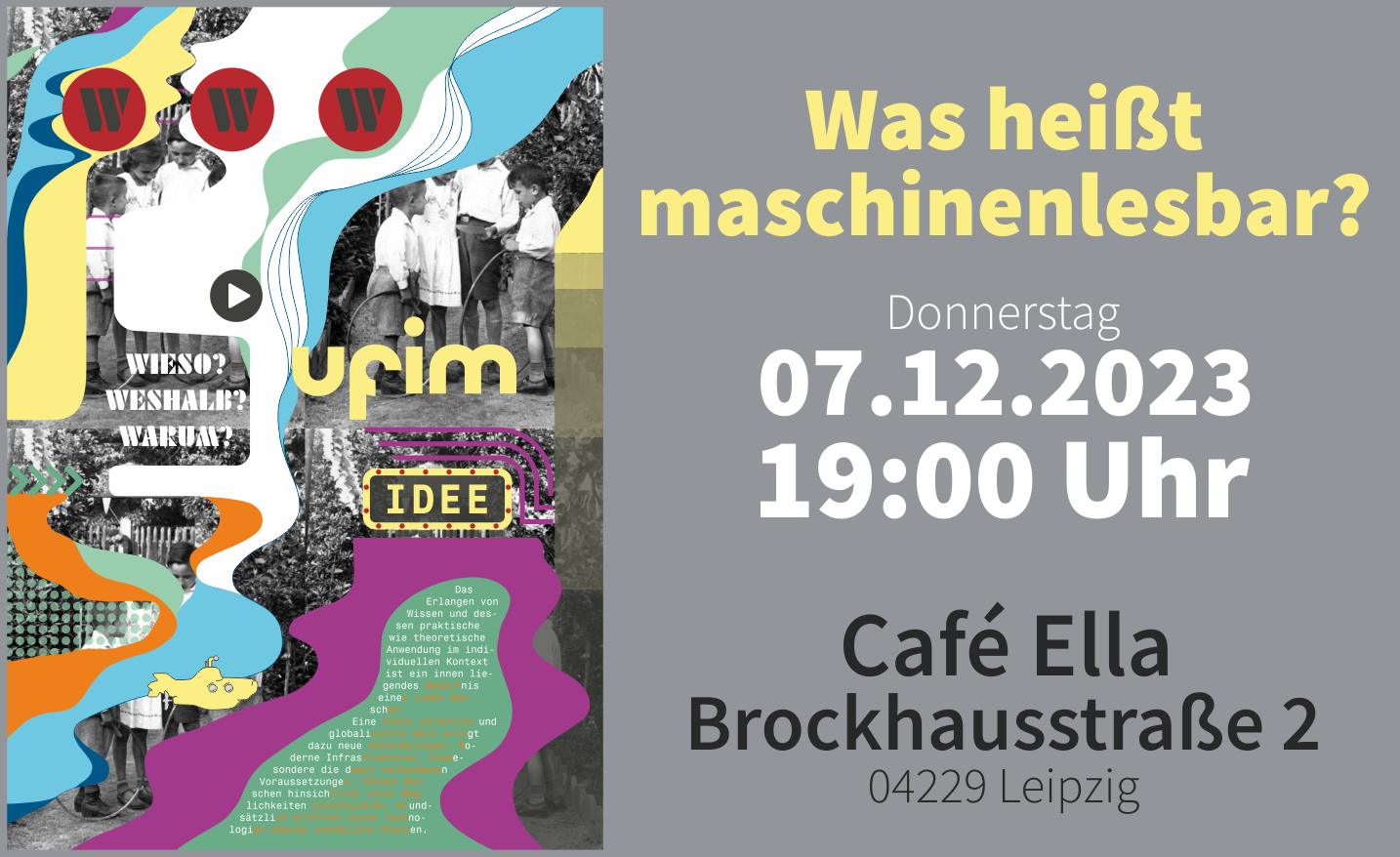

Was heißt maschinenlesbar? ›››


What does machine-readable mean? ›››

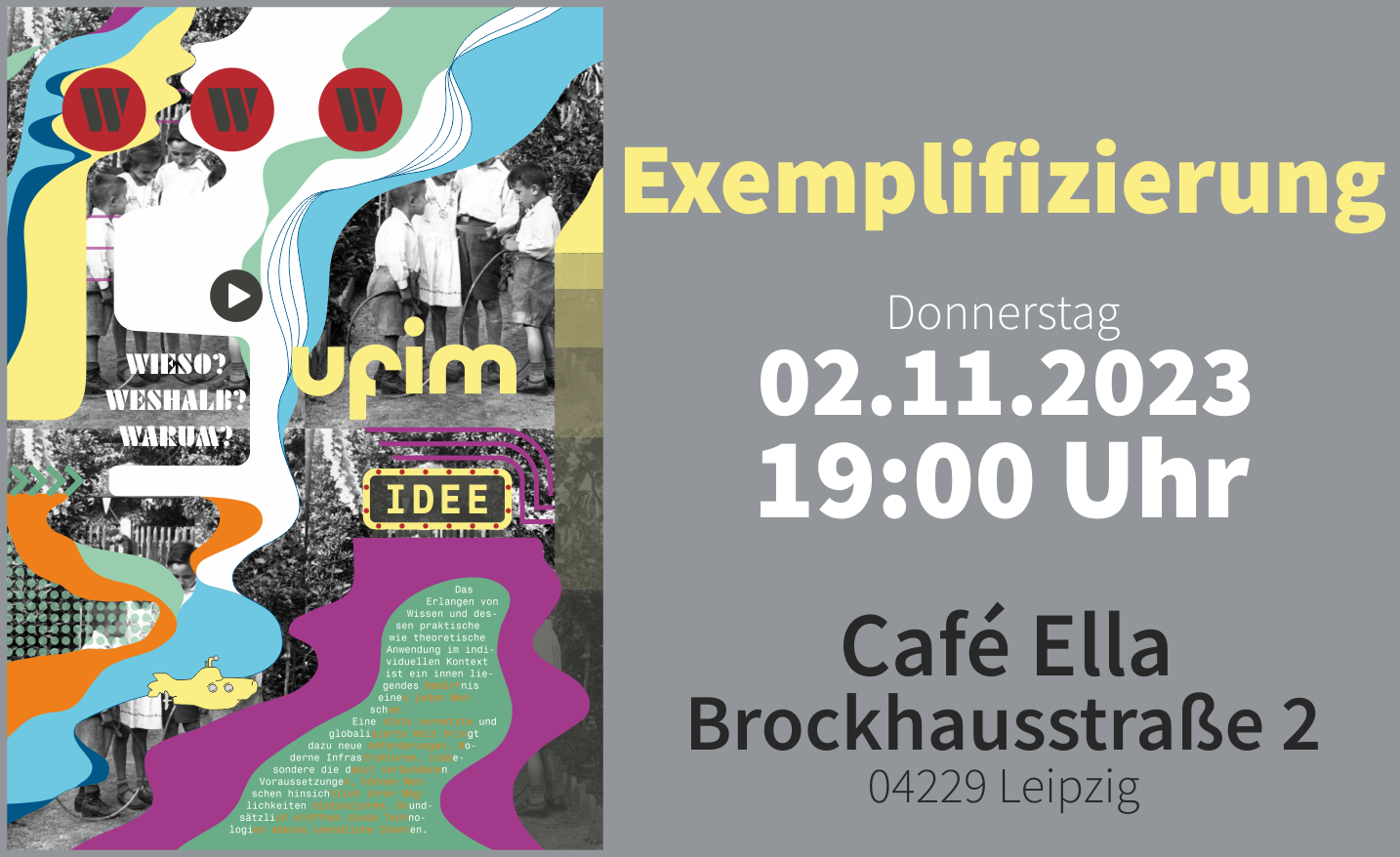




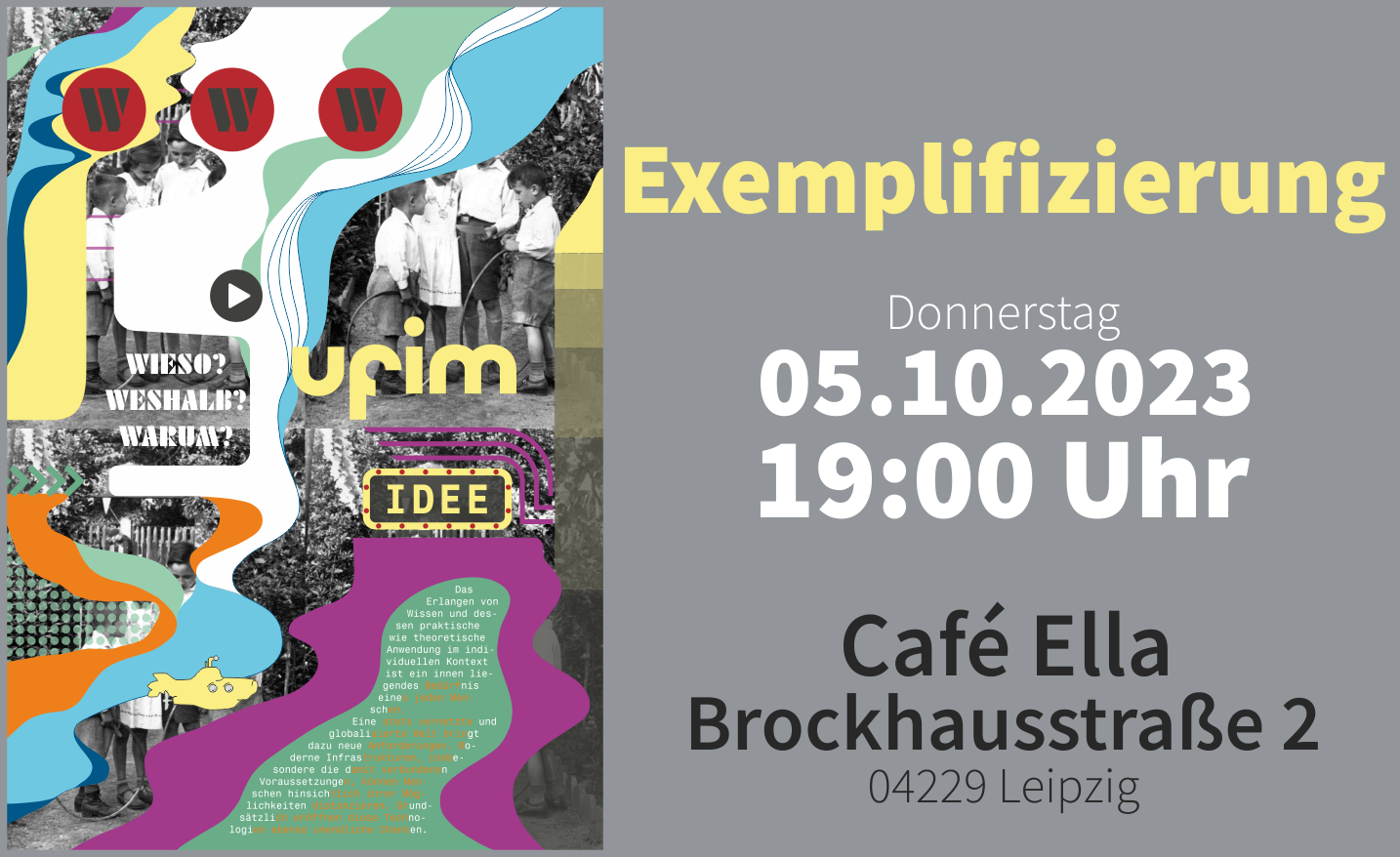




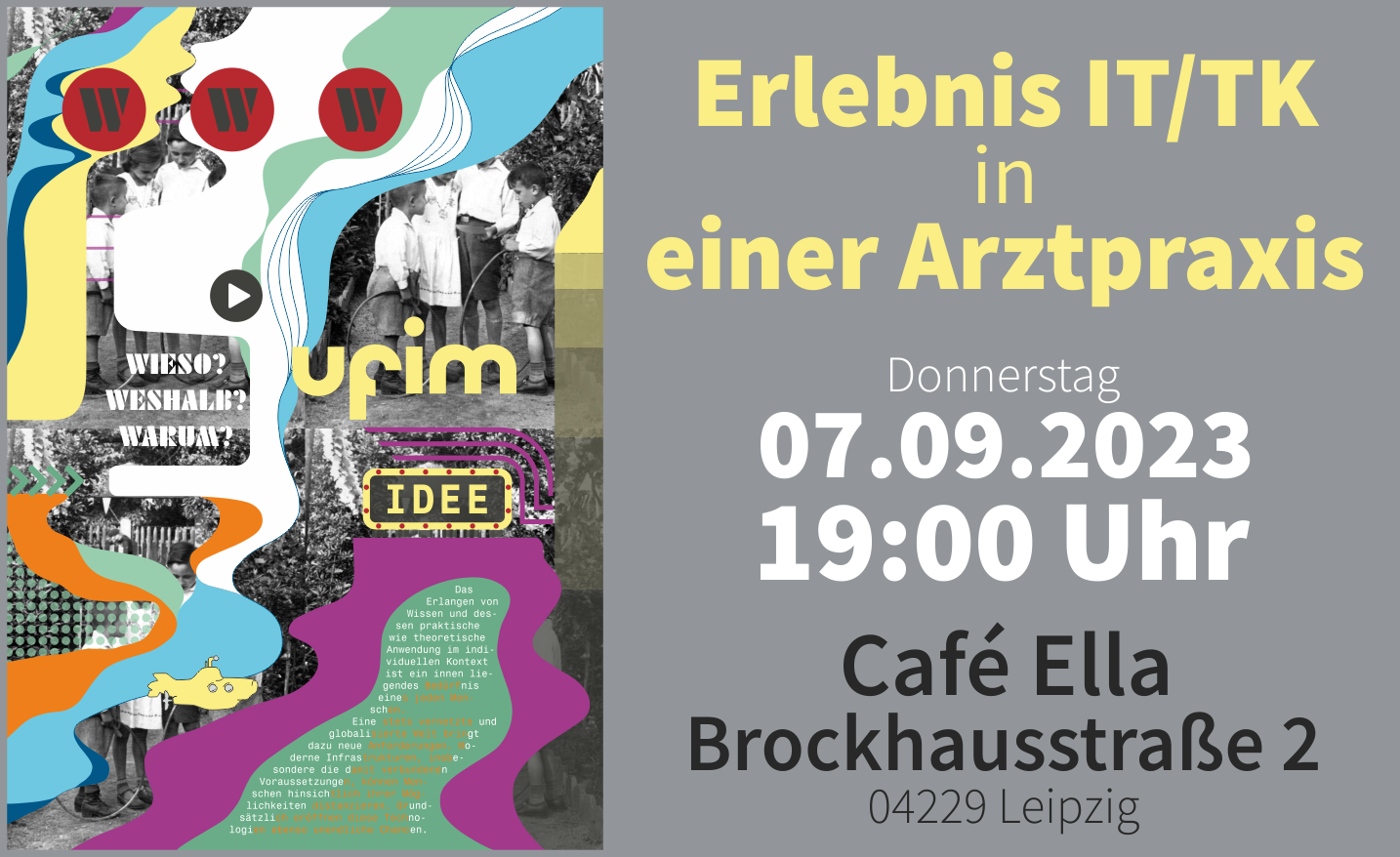

Erlebnis IT/TK in einer Arztpraxis ›››


IT experiences in medical practices ›››

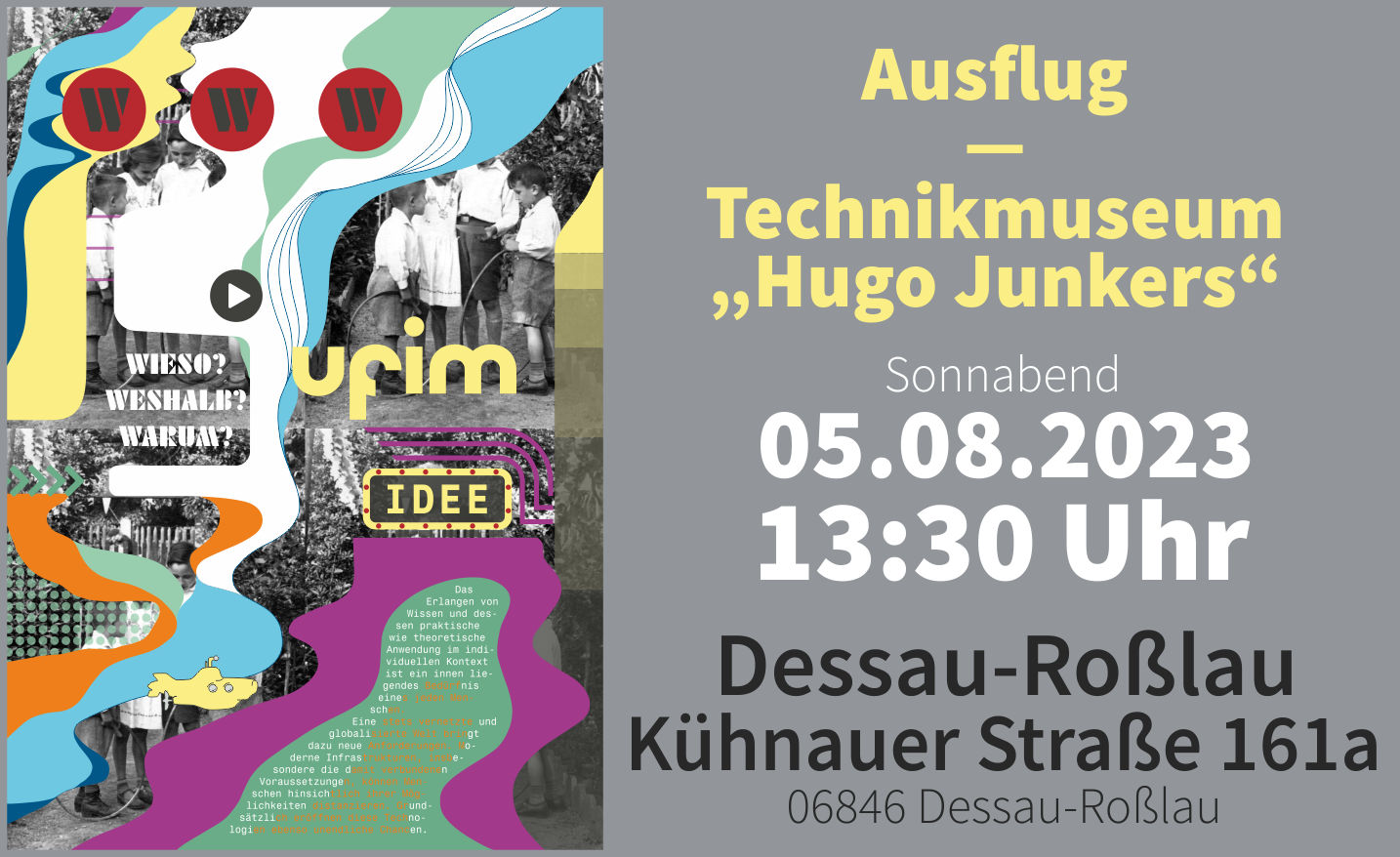




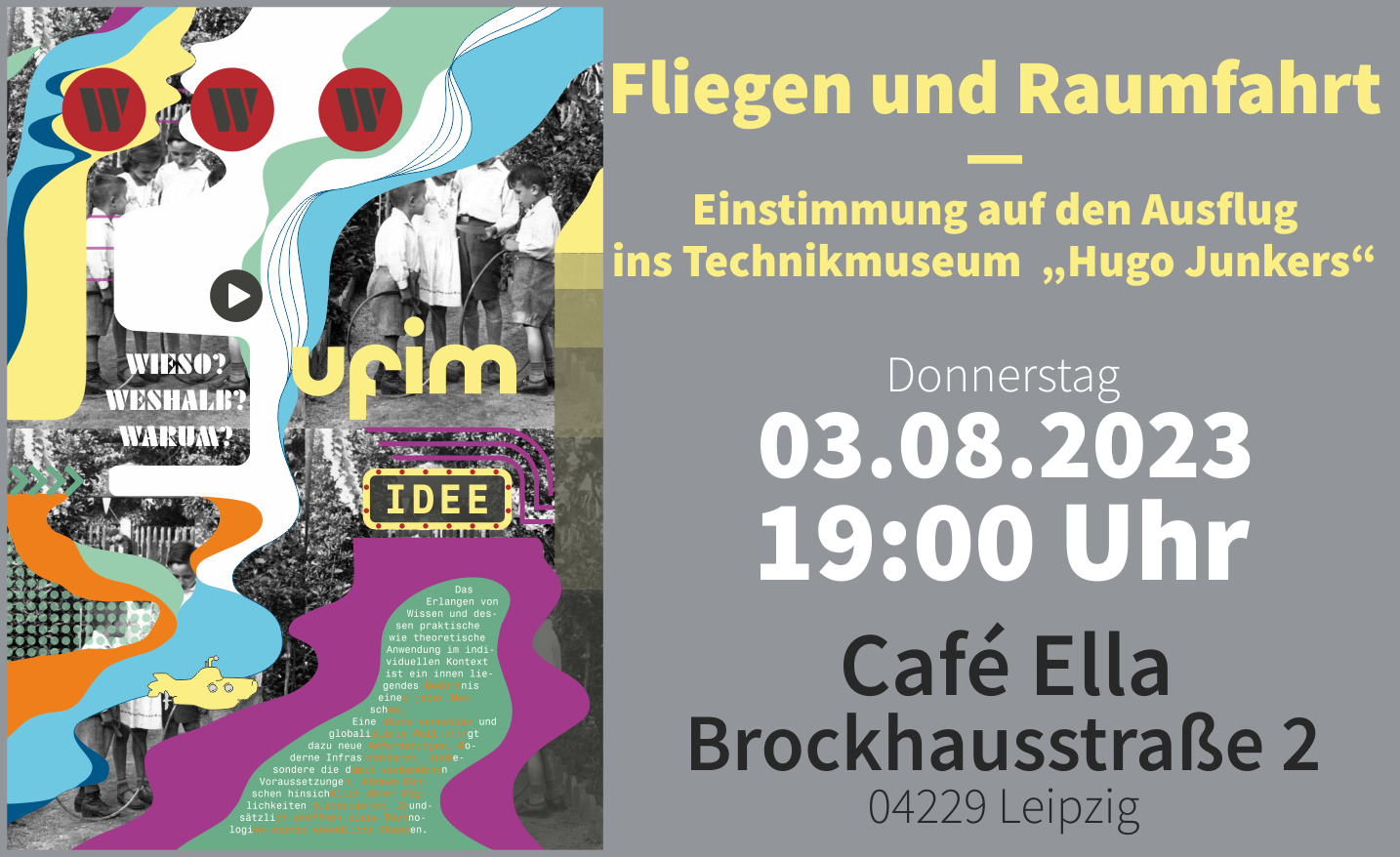




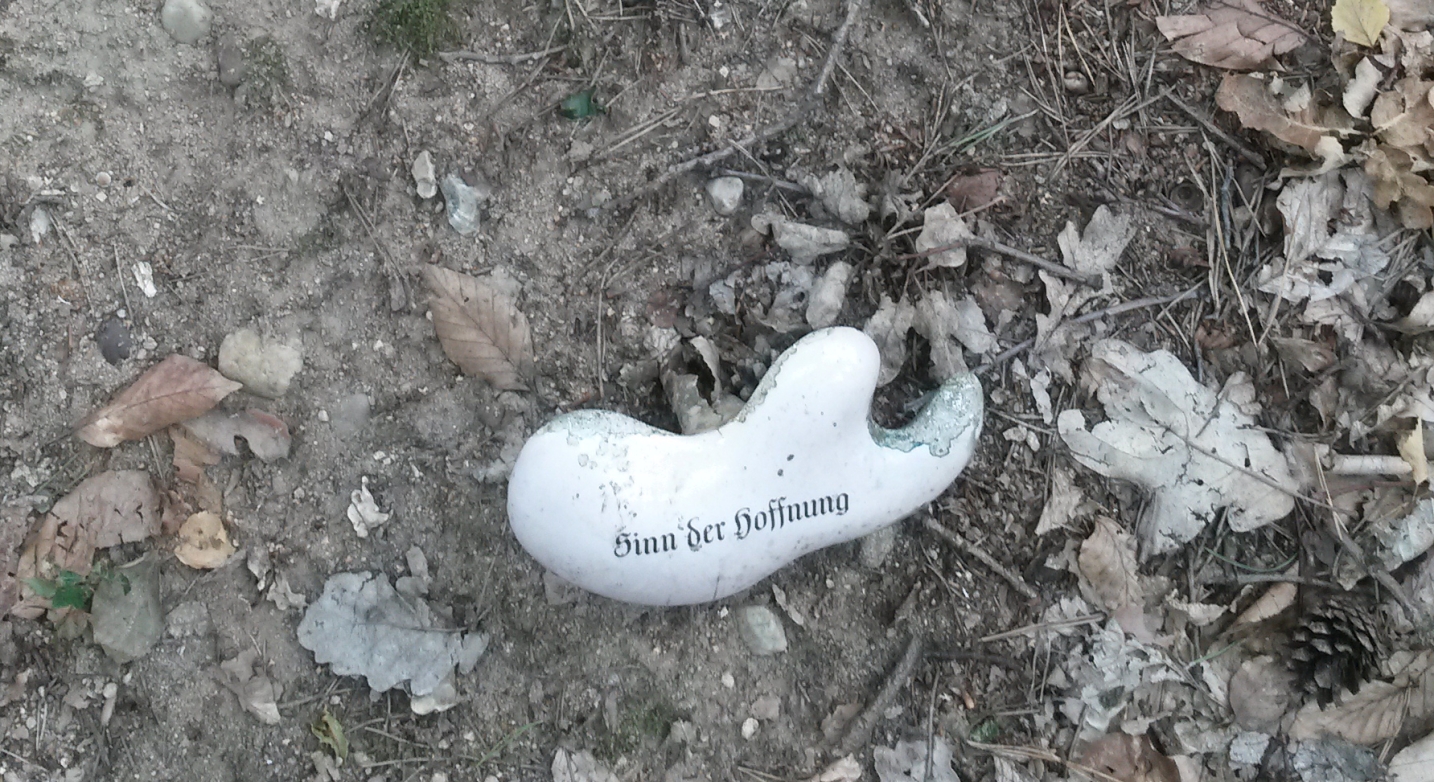



Does it have to be that way? ›››






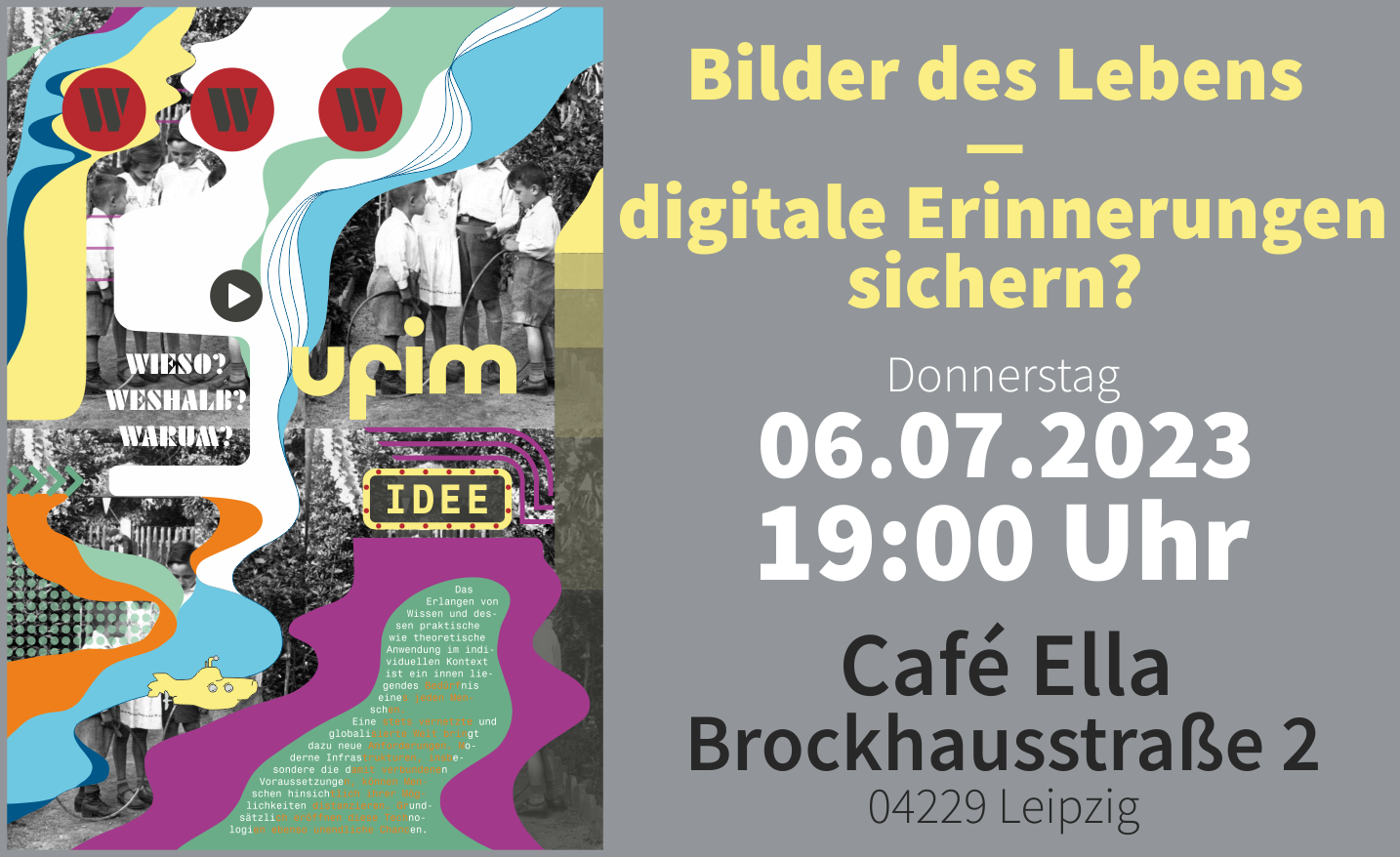

Bilder des Lebens - digitale Erinnerungen sichern? ›››


Pictures of life - preserving digital memories? ›››

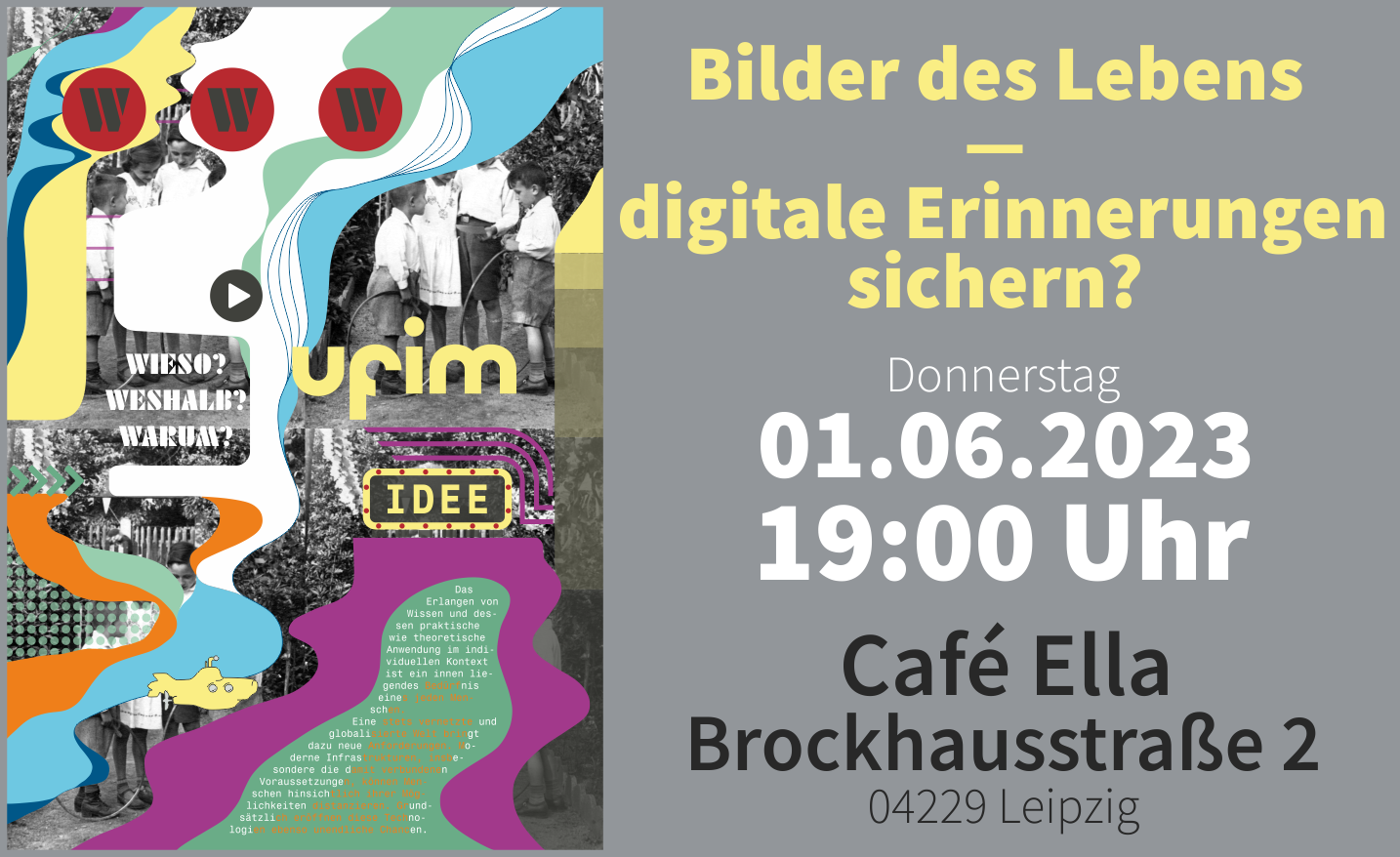

Bilder des Lebens - digitale Erinnerungen sichern? ›››


Pictures of life - preserving digital memories? ›››

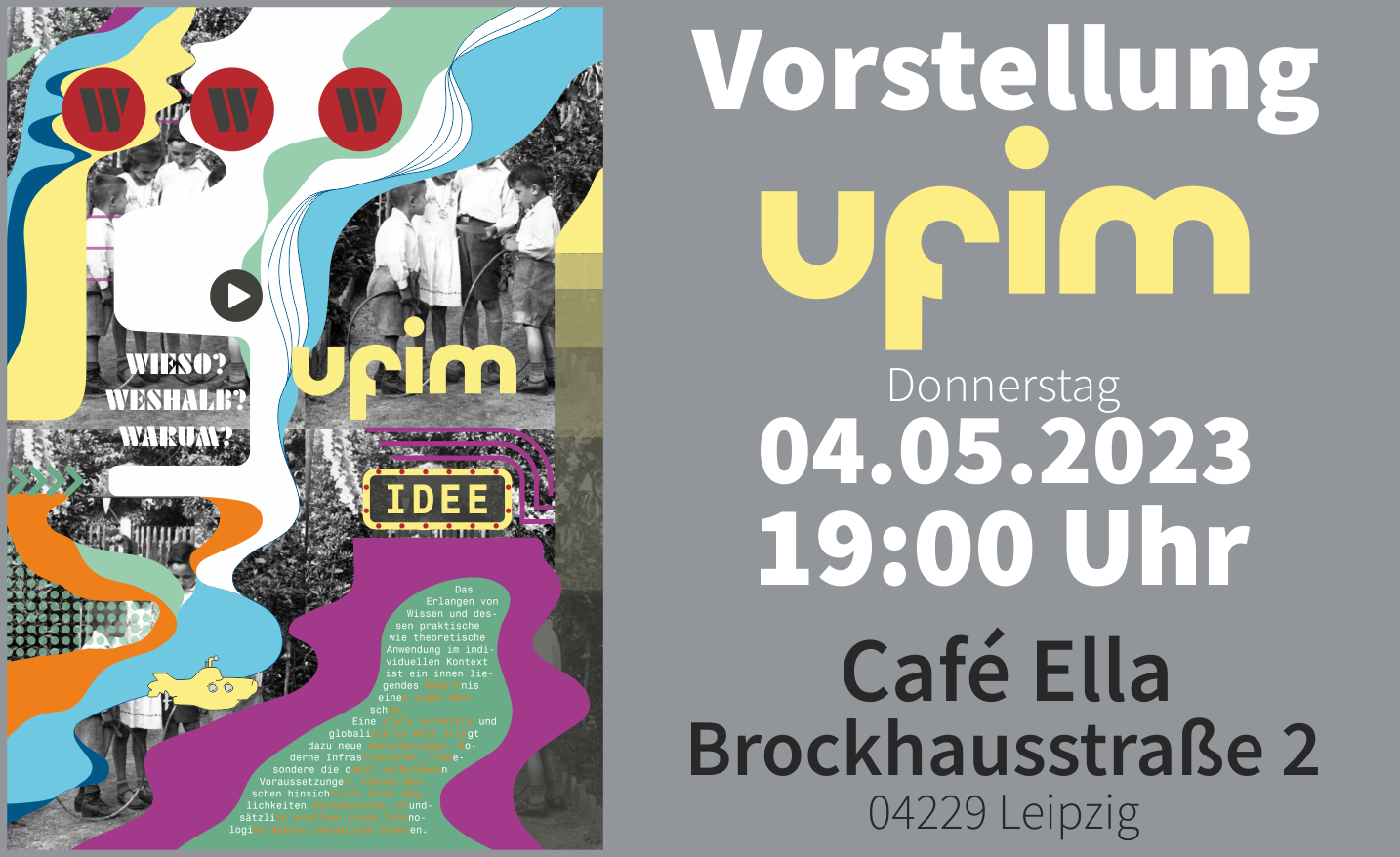




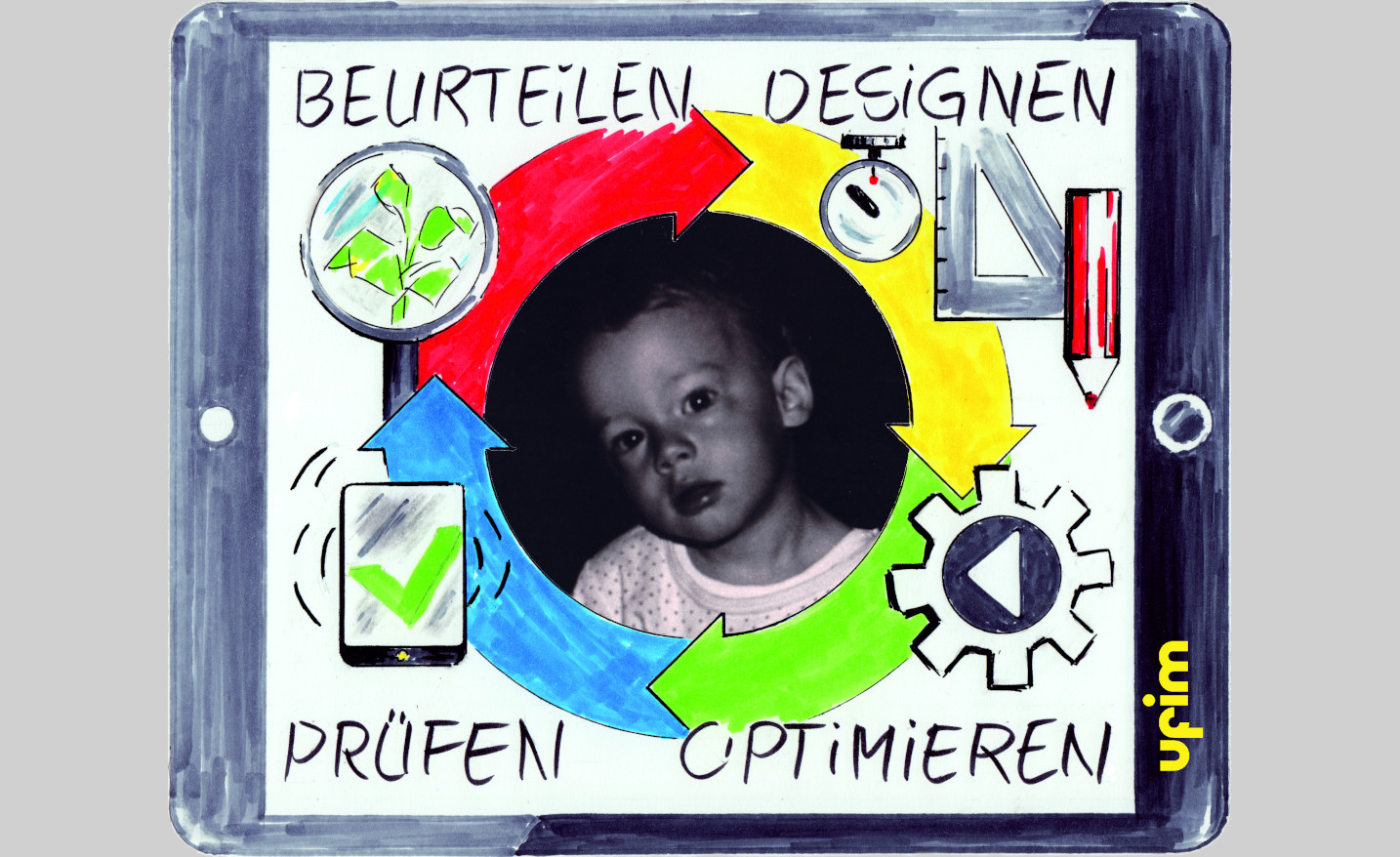








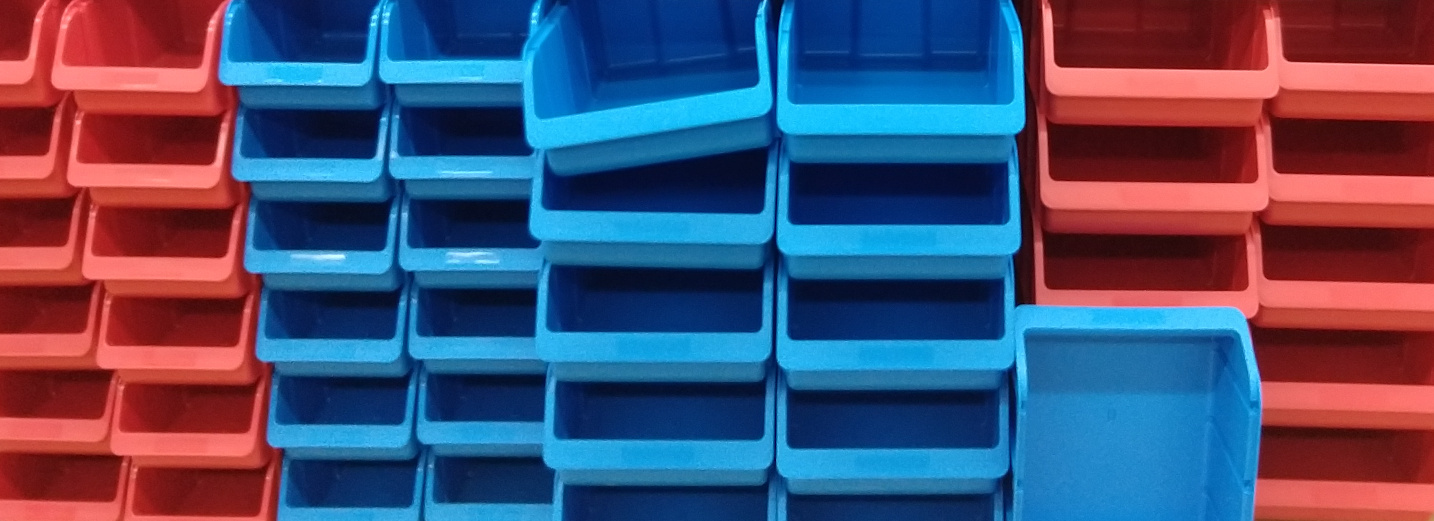

Unser digitales Gedächtnis ›››



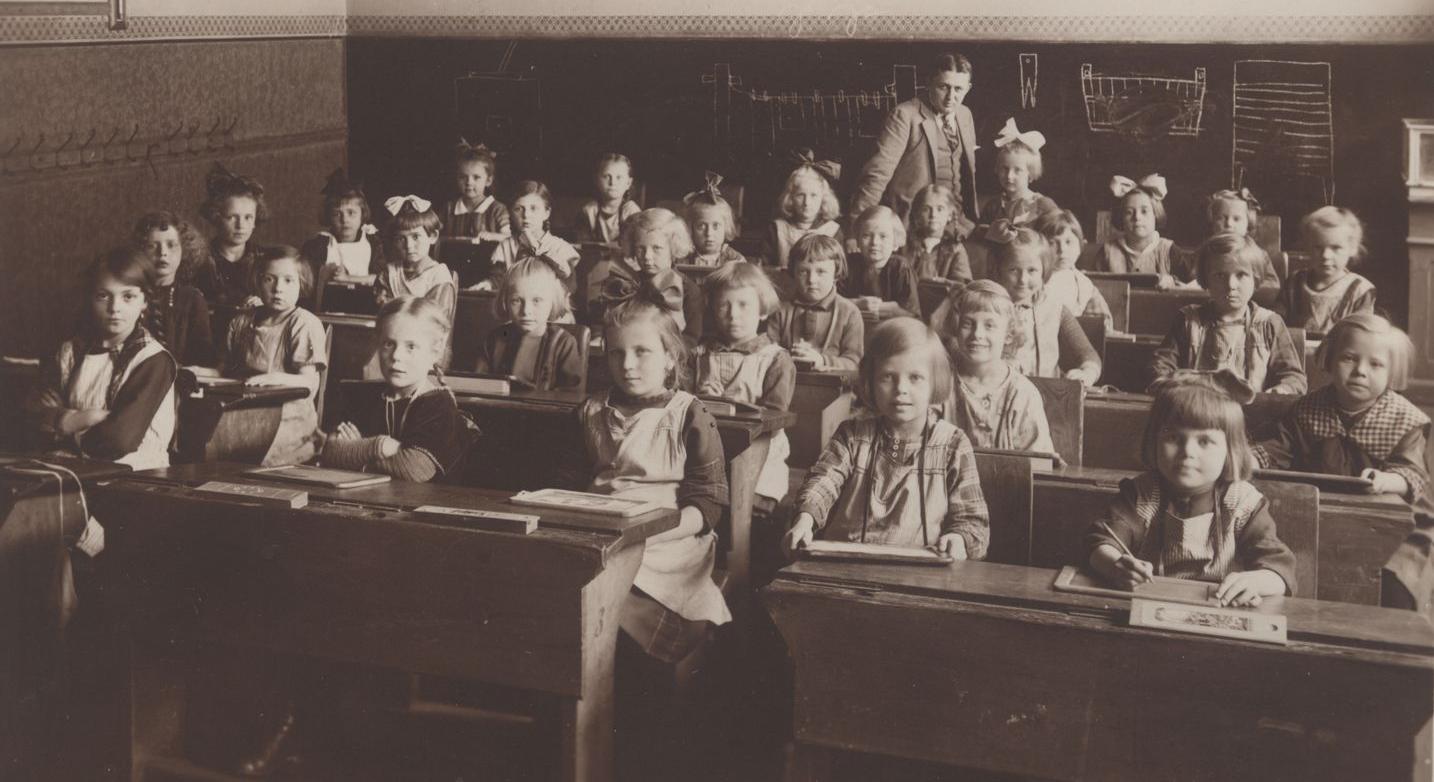

Was ist aus der Neugier geworden? ›››

Education – origin/result, educational society, equality in education, education, school = learning and teaching = conformance and qualification, knowledge-based society ... ? And what happened to our curiosity?
What happened to curiosity? ›››
Curiosity combines the desire of learning something new and the joy of answering questions. Objects as well as processes become interesting if they are graphic, coherent and astonishing. The absorption of knowledge, the acquisition of skills and the sparking interest begins with curiosity.
UfiM wants to intrigue, outside of perceived everyday life. It wants to demonstrate what is possible in one way or the other and why. What can be developed into an actual result?
And this works best if one can witness everything, if specific development steps are being explained, shown and demonstrated.
UfiM – fostering curiosity, instead of furnishing something – including curiosity into the process – from sheer wonder to curiosity to active participation.
Today, as a result of the amount of information and the use of consumer information technology, we are confronted with an illusion of knowledge with respect to said technology. Poorly sorted hosts of putative knowledge without thinking can prevent openness, curiosity and information intake. Digitization has both changed the access to knowledge and created new obstacles. Not only motivation, i.e. information and encouragement, is pivotal for developing proficiency and skills. The access, figuratively the gateway into the fascinating world of innovative methods, must be opened.
Nowadays, thanks to existing open source software and other open source projects, it has become possible to gain access to virtually every kind of research and technology in virtually every area of life. Predominantly young people do not understand this chance. They do not even appreciate it rudimentary. In contrast, older people do in fact appreciate this chance. However, they are usually lacking knowledge on relevant IT tools and infrastructure, effectively preventing them from finding access in the first place.
Teaching or education in its “original academic sense” appears to be “deprecated”. For all age groups, new concepts for teaching and education must be identified and applied.
Online education – impressively demonstrated in 2020/2021 – causes an even stronger differentiation and fragmentation among pupils and students. Those, who want to learn something and have access to adequate equipment, immensely benefited from it. Those, who had already been lacking “motivation” etc beforehand and/or who were lacking access to adequate equipment and/or who were unable to maintain their equipment, were left behind even further. Or they simple felt by the wayside. Knowledge and its imparting is becoming accessible to even less people. This division must be overcome.
UfiM = the endeavor towards a holistic approach for bringing people and generations together and the sharing of relevant knowledge.
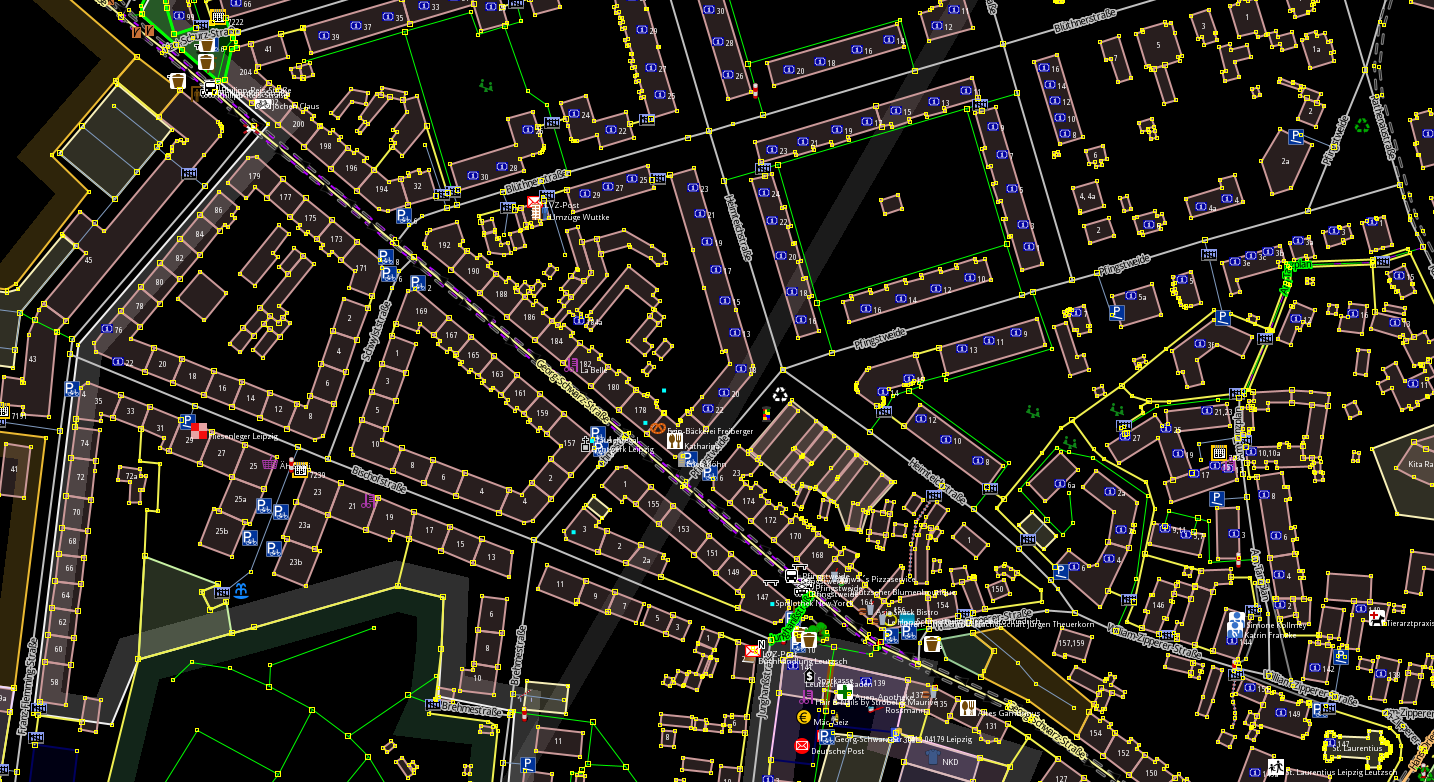

Wie kommt der Benutzer zur Software? ›››


How does a user obtain software? ›››





